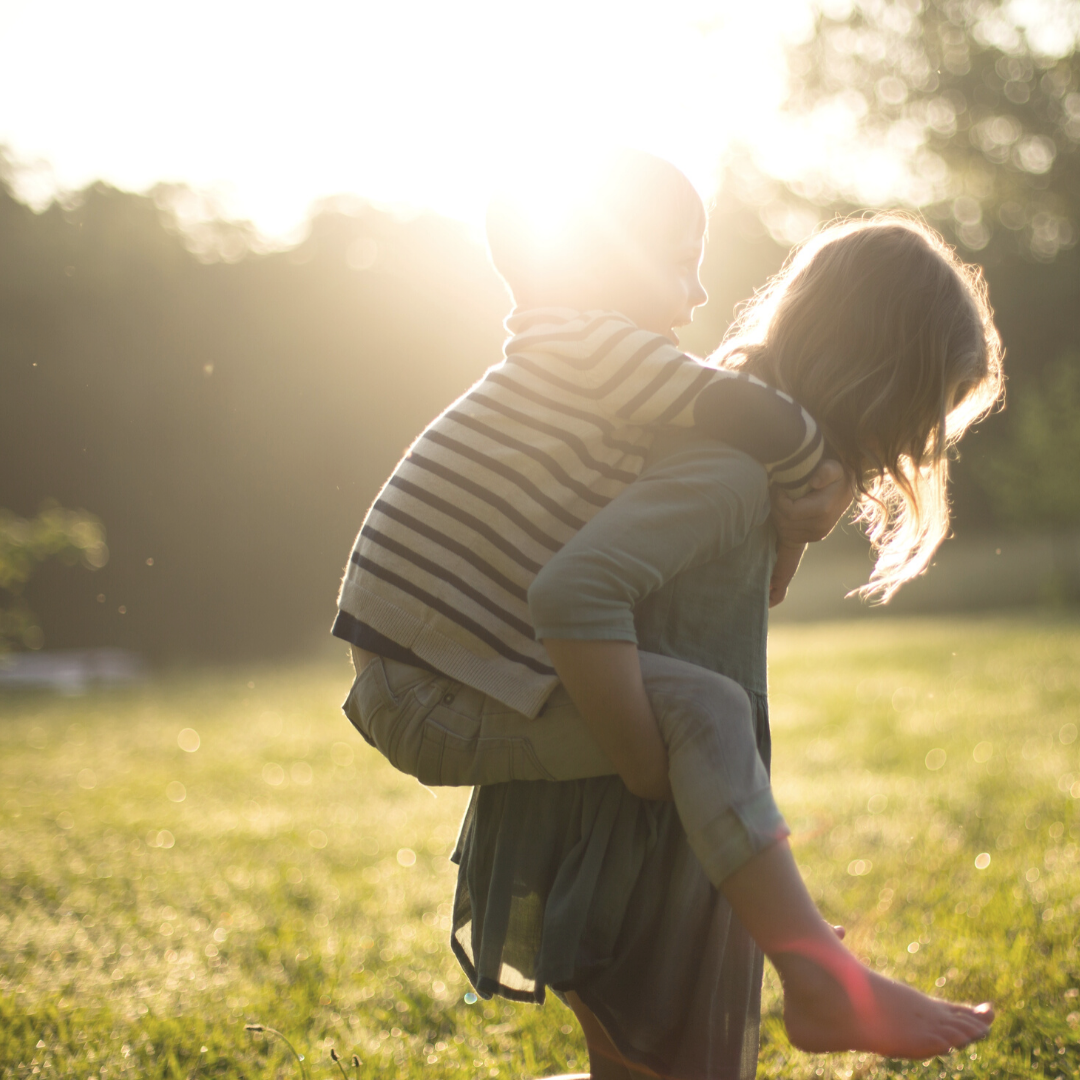
Sarah Guerrero
Sarah Guerrero is a freelance writer and contributor to Slow North. She has a degree in international business from St. Mary’s University in San Antonio, Texas, and writes about sustainable business practices and ethical living.



When my oldest was 18 months old, he started limping. After x-rays and tests and doctor’s visits, he was diagnosed with Perthes disease. His femoral head (the top of his thigh bone) had begun to deteriorate. We have been so fortunate that he’s never needed any kind of medical intervention, beyond monitoring. His hips are healing just fine (he’s nine, now).
But in the wake of all the tests and looking for answers, I had to face my own limitations as a parent. As much as I loved my son, and as obsessive as I was about his sleep and what he ate, there were parts of his life that were out of my control.
Resiliency wasn’t a term I was familiar with at the time, but I did realize with startling clarity that I was going to need to prepare my children for life, and not just protect or shield them from it.
Resiliency is a term that describes our ability to cope with hardships or trauma. It recognizes life isn’t free of difficulties, but that we have a great deal of agency and power in ourselves to respond to what comes.
Resiliency is something that can be learned. And as with most parenting, it seems to be as important to learn resiliency yourself, as a parent, as it is to consciously teach it to your children!

There are so many ways to help your kids grow more resilient (chances are, you’re probably doing some of them already!), but if you’d like to consider a few more, here are three:
Psychologist Katherine King says one of the key principles to developing resiliency is to cultivate a belief in your ability to cope. But “too often,” she says, “when we feel difficult emotions we quickly try to make them go away.”
Instead of shutting down “negative” feelings, we can let our kids know that it’s ok to feel what they’re feeling (I love Mr. Rogers’ poetry for this!). I try to hear my kids out without censoring or judging their feelings. Instead, we try to be curious. Why do you think you feel that way?
Here’s a small example: I have a toddler at home with me these days, and like most toddlers, he gets frustrated often.
Instead of rushing to make it better, we tell him, “it’s ok to be angry!” and show him how he can feel his feelings (stomping our feet, growling, making fists). Often, just expressing his frustration is helpful, and he’s able to move on happily.
Making space for feelings helps our kids feel secure and gives them the freedom to be curious, so that they can begin to move through emotional states and heal. It’s messy and loud in my house sometimes (often!), but I try to remember to appreciate that my kids are growing into emotionally healthy people!
 Photo by Marcos Paulo Prado
Photo by Marcos Paulo Prado
Remembering when we’ve overcome past difficulties helps validate our innate resiliency, and helps us move past emotions like despair or hopelessness.
You can do fun things with your kids to help them see themselves as overcomers--you could keep a journal. You could hang photos or pictures of times when they overcame something difficult. Even little things, like learning to tie a shoe or working hard on a spelling test are worth remembering!
I’m also a big fan of helping my kids learn independence. When I can find the patience to let them work through struggles on their own, I’m often rewarded by their new sense of confidence and the pride on their faces.
 Photo by Gabriel Baranski
Photo by Gabriel Baranski
In Brave, Not Perfect, Reshma Saujani suggests that girls, especially, are taught that failure is negative and as a result, they grow into women who are overworked, anxious, and exhausted in their pursuit of constant perfection.
One of the biggest ways we can help kids learn resilience is by reframing failure so that it’s normal and even worth celebrating! We can encourage them to be brave, not perfect.
One of my sons struggled with school in 1st grade. I wanted him to work hard, but I could see his fear of making a mistake was actually keeping him from learning. So, I told him I’d give him a treat every time he made a mistake! I wanted him to know mistakes were actually how we learned.
I’ve begun to try to celebrate the mistakes in my own life, too, to help me (and my kids!) remember that failure is ok. We apologize, we fix it, we make it better, we rest. And we keep trying!
 Photo by Jens Johnsson
Photo by Jens Johnsson
Featured collection